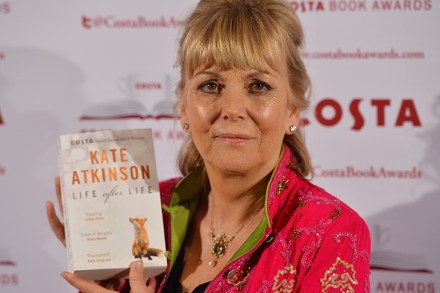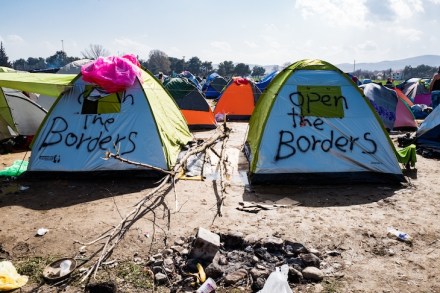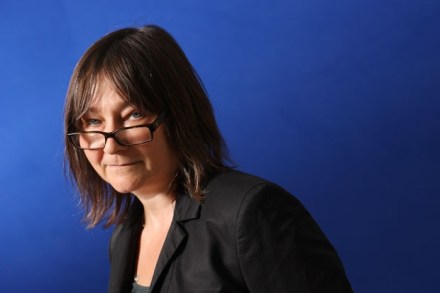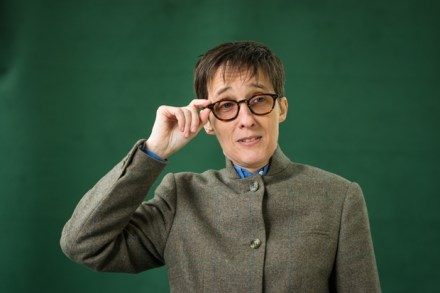Whose truths are they anyway?
Transcription, Kate Atkinson’s 11th novel, sees her returning to the detective fiction she honed in her series about Jackson Brodie, the haunted private eye who, after the murder of his young sister, chased the killers of girls. It also pursues some of the themes of her more recent fictions, Life After Life and A God











